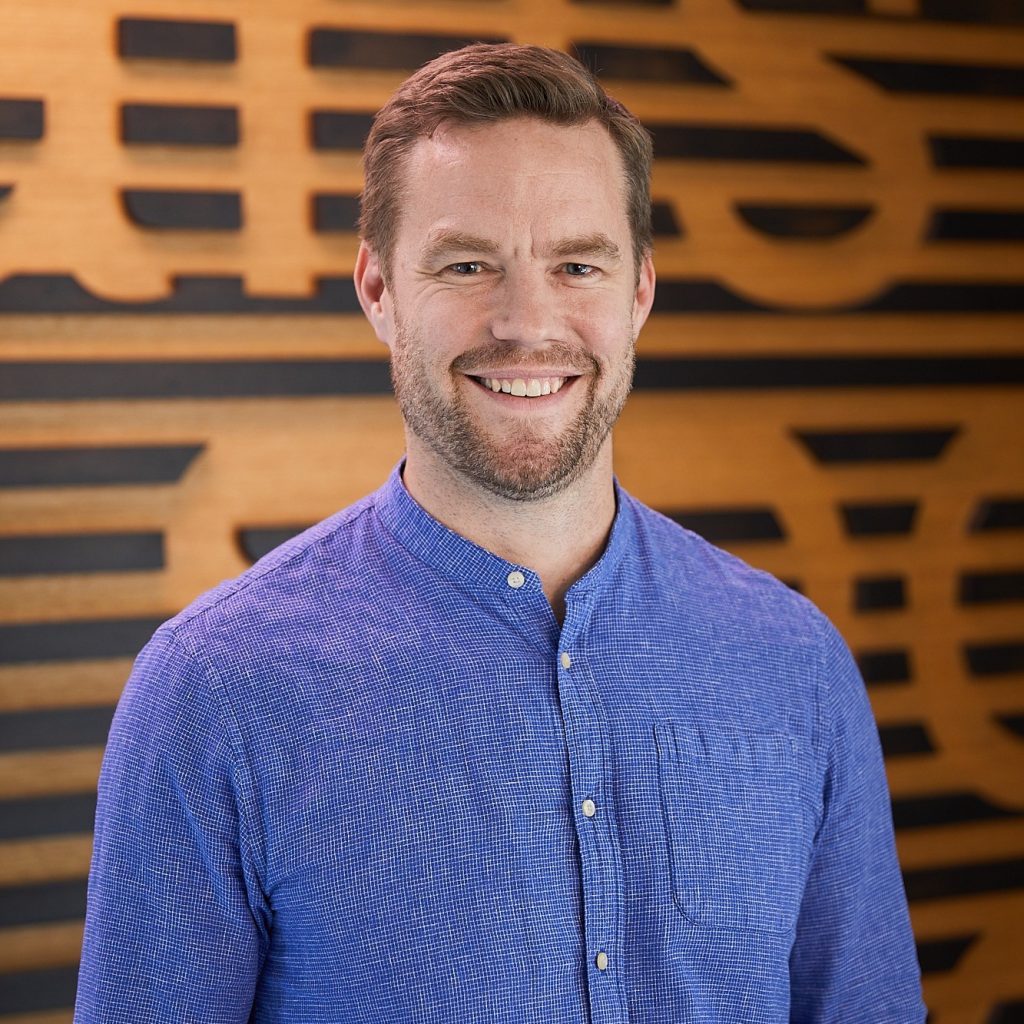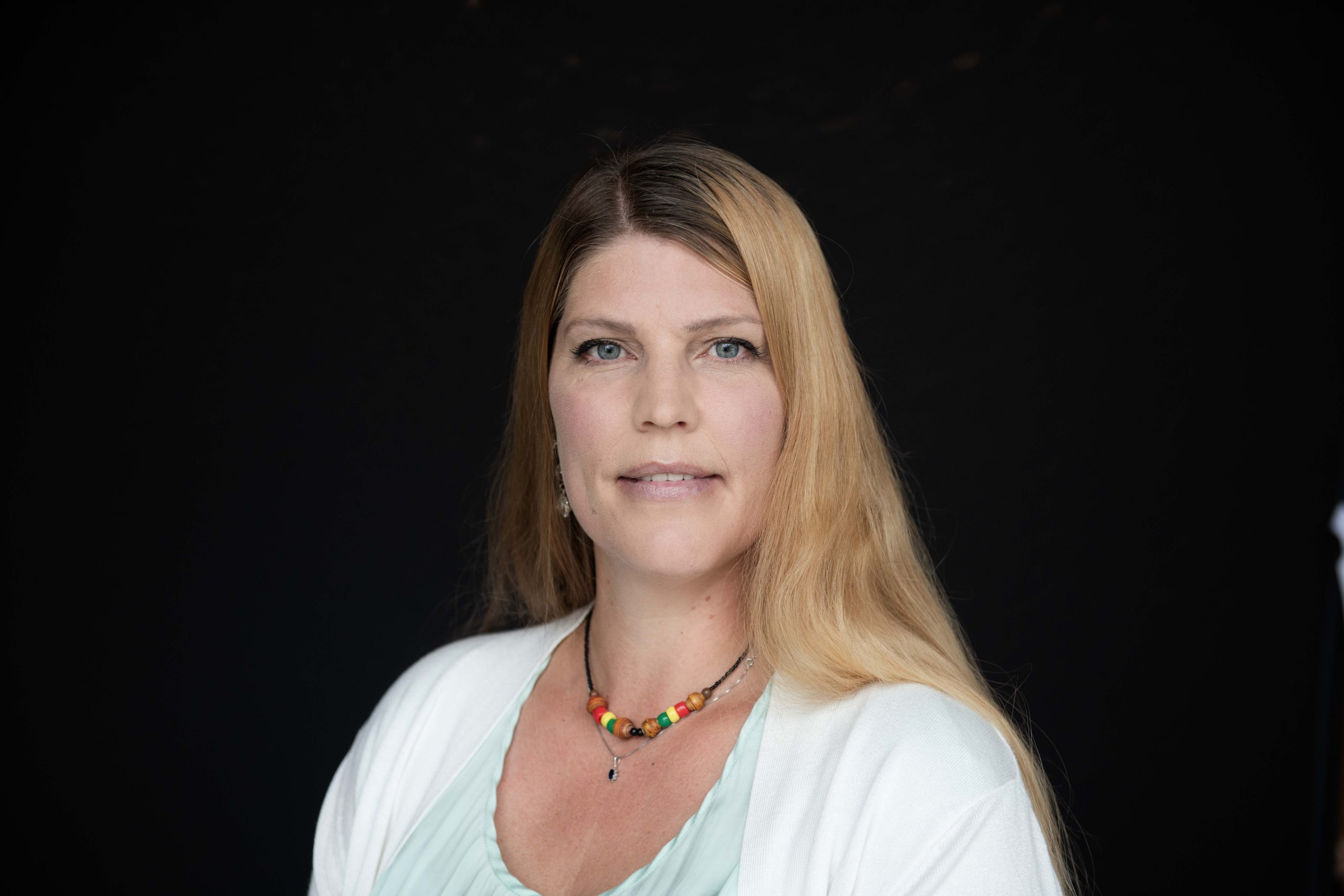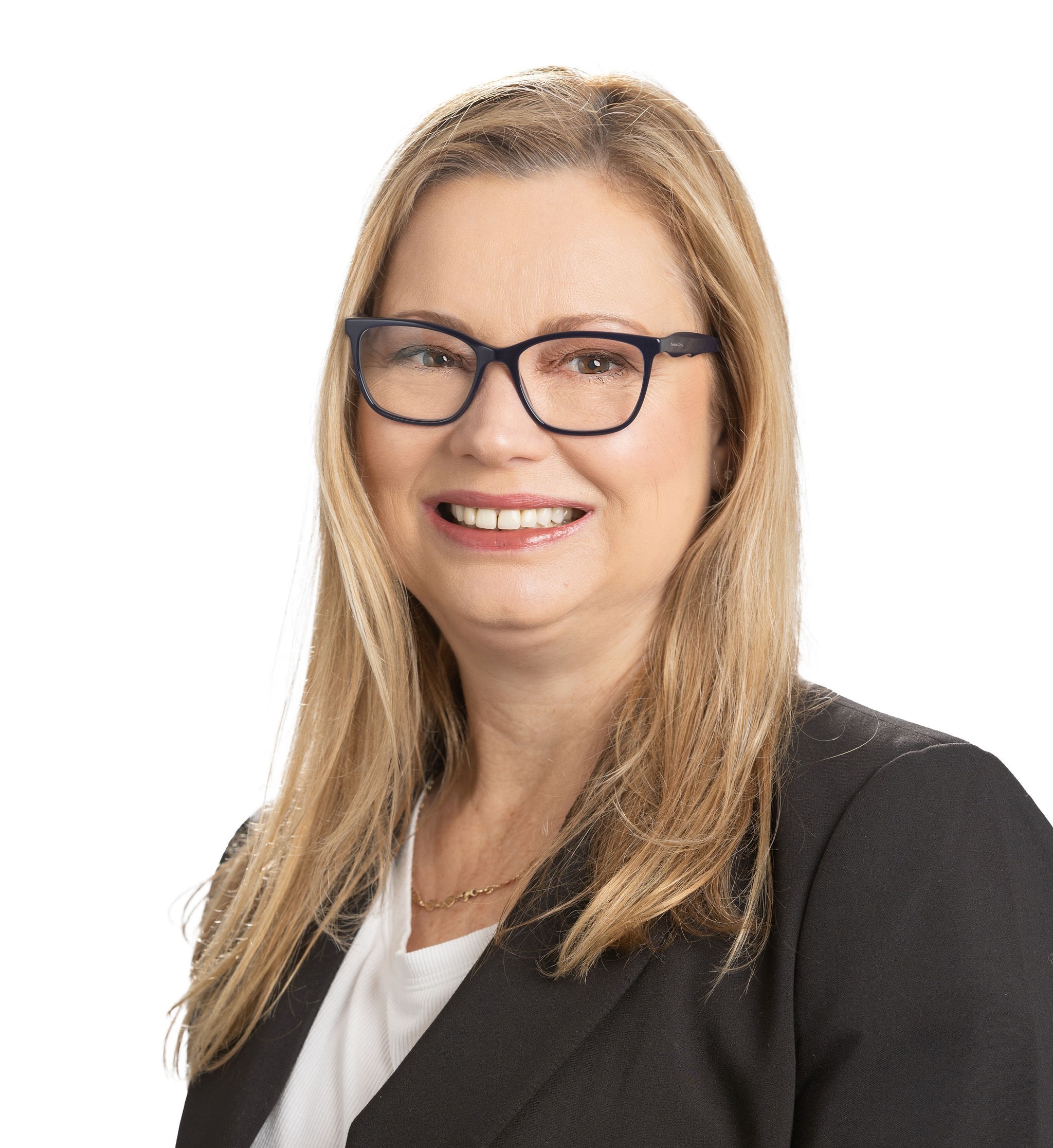
Bright Futures
Home » Bright Futures »Bright Futures Webinars
Our free webinars are available to people working in the children’s education and care sectors and members of the community, including parents and carers. Frontline practitioners who work directly with children in education, childcare, support work, social work, youth justice may find these resources useful to their practice contexts.
Register for a webinar below or visit the Bright Futures Community of Practice to view the past webinars recordings at bright-futures.com.au.
![]() 24 April 2024, 1:00pm AEST
24 April 2024, 1:00pm AEST
Webinar 1 – The prevalence and characteristics of men in the Australian community who sexually abuse children
Join Professor Michael Salter, Professor of Criminology in the School of Social Sciences at the University of New South Wales, to discuss a global study’s shock findings on the number of Australian men who are sexually attracted to children and teens.
This webinar presents the findings of a representative survey of almost 2000 Australian men regarding their sexual feelings and behaviours towards children. The webinar will discuss the prevalence of online and offline offending amongst men in the community, the characteristics and risk factors associated with offending, and the implications of the study for prevention, early intervention and detection.
Presenter

Professor Michael Salter
Professor of Criminology in the School of Social Sciences at the University of NSW, and the inaugural Director of Childlight UNSW
![]() 22 May 2024, 3:00pm AEST
22 May 2024, 3:00pm AEST
Webinar 2 – Preventing Harmful Sexual Behaviours in Schools
Join us for the 2nd Bright Futures FREE webinar for 2024 presented by Dr Kjersti Draugedalen, Associate Professor Lesley-Anne Ey and Tim Wong.
The webinar will give an overview of a newly started R&D innovation project in Norway. Through a public health approach to prevention, the project will explore whether focus on comprehensive sexuality education, youth participation, and enhanced interdisciplinary cooperation between schools and services can strengthen teachers’ safeguarding of children and young people in schools.
Presenters

Dr Kjersti Draugedalen
University of South-Eastern Norway

Tim Wong
Psychologist

Associate Professor Lesley-Anne Ey
University of South Australia
![]() 19 June 2024, 1:00pm AEST
19 June 2024, 1:00pm AEST
Webinar 3 –
Webinar overview coming soon…
Presenter
Presenter details coming soon…
![]() 31 July 2024, 1:00pm AEST
31 July 2024, 1:00pm AEST
Webinar 4 –
Webinar overview coming soon…
Presenter
Presenter details coming soon…
![]() 21 August 2024, 1:00pm AEST
21 August 2024, 1:00pm AEST
Webinar 5 –
Webinar overview coming soon…
Presenters
Presenter details coming soon…
![]() 18 September 2024, 1:00pm AEST
18 September 2024, 1:00pm AEST
Webinar 6 –
Webinar overview coming soon…
Presenter

Kevin Creeden
Director of Assessment and Research at the Whitney Academy in East Freetown, MA
![]() 23 October 2024, 1:00pm AEST
23 October 2024, 1:00pm AEST
Webinar 7 –
Webinar overview coming soon…
Presenter
Professor Jeremy Prichard
Director of the Tasmania Law Reform Institute
![]() 20 November 2024, 1:00pm AEST
20 November 2024, 1:00pm AEST
Webinar 8 –
Webinar overview coming soon…
Presenters
Associate Professor Nadine McKillop
Sexual Violence Research and Prevention Unit
Dr Susan Rayment-McHugh
Sexual Violence Research and Prevention Unit
Dr Lara Christensen
Sexual Violence Research and Prevention Unit
![]() 4 December 2024, 1:00pm AEST
4 December 2024, 1:00pm AEST
Webinar 9 –
Webinar overview coming soon…
Presenters
Deanne Carson
Director, Body Safe Australia
Jane Gilmour
Author
Join our Bright Futures Community, where you can connect with other industry professionals, access resources and contribute to support keeping kids safe across Australia.
Join our Bright Futures email list to stay up to date on upcoming events including workshops, forums and webinars.
